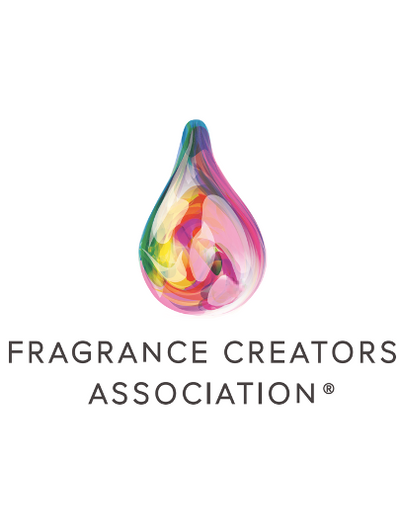
September 14, 2023
Fragrance Creators Association Statement in Response to Recent Study Published in Chemosphere by the Environmental Working Group
“Volatile organic compounds (VOCs) play an important role in enriching how we experience the world. Without them, we would not smell fresh cut grass, the beauty of a rose, the buttery scent of baking bread, or the tang of lemonade.
VOCs have always been present in the environment and come from a wide variety of sources, including natural sources and cleaning products. Fragrance ingredients – both lab-created and natural (like essential oils) – constitute only one potential source of VOCs in cleaning products.
It is important to note that the mere presence of VOCs does not mean it represents a danger to consumers in the same way that the mere presence of an ingredient in a product does not necessarily pose a risk. Often, VOC-contributing ingredients are found in abundance: acetic acid is in vinegar, acetaldehyde is found in butter and beer, and limonene can be found in the rind of lemons, oranges, and limes.
Fragrances are also some of the most highly tested ingredients in the marketplace, and are are subject to many state and federal laws. Our industry abides by guidelines backed by data from the Research Institute for Fragrance Materials (RIFM), which performs safety assessments for human health and the environment on all fragrance ingredients. Our members strive to ensure that products containing fragrance are safe for people and the environment when used as intended.
Beyond the proven safety of our industry, fragrance is present in cleaning products for a vital reason. Fragrance in cleaning products fights unpleasant odors that would otherwise render products unusable, and also encourages proper use of cleaning and sanitizing products by signaling to the user whether a surface is clean based on its smell. A study published in Cognitive Research: Principles and Implications presents a three-factor benefits framework for fragrance in household products – noting that fragrance in cleaning products provides functional benefits (malodor mitigation, base odor coverage, freshening), in-use experience benefits (cleanliness, efficacy, pleasure), and emotional benefits (increase in confidence, mood, and nostalgia).
Fragrance Creators will continue to review this study to provide additional context to its findings. As an association, we are guided by our Responsible Industry Stewardship principles, which direct us to encourage sound science through engaging in public policy and advancing best-in-class research. We invite the authors of the paper, and the Environmental Working Group more broadly, to meet with fragrance industry representatives so we can share more about our work, listen and learn directly from them, and have a meaningful dialogue in this area.”
###
Fragrance Creators Association is the trade association representing the majority of fragrance manufacturing in North America. We also represent fragrance-related interests along the value chain. Fragrance Creators' member companies are diverse, including large, medium, and small sized companies that create, manufacture, and use fragrances and scents for home care, personal care, home design, fine fragrance, and industrial and institutional products, as well as those that supply fragrance ingredients, including natural extracts and other raw materials that are used in perfumery and fragrance mixtures. Fragrance Creators established and administers the Congressional Fragrance Caucus, ensuring ongoing dialogue with members of Congress and staff. Fragrance Creators also produces The Fragrance Conservatory, the comprehensive digital resource for high-quality information about fragrance—www.fragranceconservatory.com. Learn more about Fragrance Creators at fragrancecreators.org—for people, perfume, and the planet.
Contact: media@fragrancecreators.org